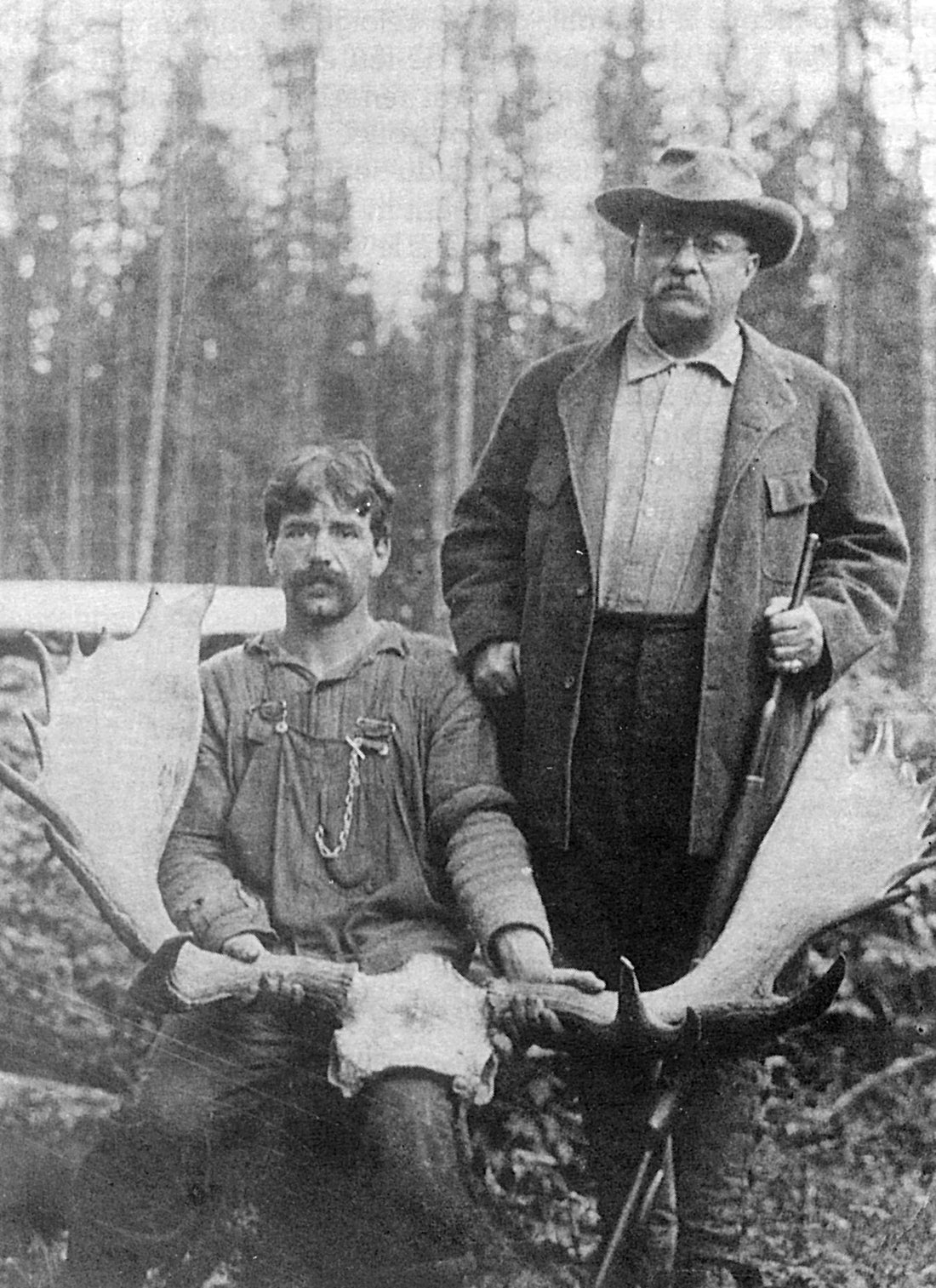Theodore Roosevelt, the 26th President of the United States, left a lasting mark on both the world of hunting and wildlife conservation. His passion for the outdoors, coupled with his dedication to preserving America's natural resources, shaped him into an iconic figure in hunting history.
Early Years and Passion for Nature:
Born on October 27, 1858, in New York City, Theodore Roosevelt developed a deep love for nature and the outdoors from an early age. As a child, he frequently explored the wilderness of the Adirondack Mountains, honing his skills and fostering a connection with the natural world. These formative experiences laid the foundation for his future endeavors as a hunter and conservationist.
The Adventurous Hunts:
Roosevelt's hunting expeditions were legendary, and his tales of adventure continue to captivate hunting enthusiasts to this day. One of his most notable hunting adventures took place in 1885, when he embarked on a grueling trip to the Dakota Territory's Little Missouri River region. During this expedition, Roosevelt hunted bison, elk, and other big game animals, testing his mettle and showcasing his skills as a hunter.
Another remarkable hunting story involves Roosevelt's exploration of the Amazon rainforest. In 1913, he embarked on a dangerous and ambitious expedition, often referred to as the "River of Doubt" expedition. While not solely focused on hunting, the journey provided Roosevelt with the opportunity to encounter exotic wildlife and further deepen his appreciation for the natural world.
Conservation Contributions:
Roosevelt's impact on hunting history extends far beyond his personal hunting adventures. As President, he used his influence to advocate for wildlife conservation and establish measures to protect America's natural resources. His dedication to conservation led to the creation of numerous national parks, wildlife refuges, and forest reserves. Notable examples include the establishment of the U.S. Forest Service and the designation of five national parks, one-hundred and fifty national forests, and the first fifty-five federal bird reservation and game preserves. In total, he established approximately two-hundred and thirty MILLION acres of public lands.
Roosevelt's efforts to conserve wildlife were not limited to legislation and policy-making. He actively promoted ethical hunting practices and advocated for fair chase principles. Recognizing the importance of sustainable hunting, he believed in preserving game populations for future generations.
Legacy and Lasting Influence:
Theodore Roosevelt's legacy in hunting history remains enduring. His passion for hunting, combined with his commitment to conservation, influenced a generation of hunters and outdoor enthusiasts. His writings, including the book "The Wilderness Hunter," inspired countless individuals to embark on their own hunting adventures and connect with nature.
Moreover, Roosevelt's conservation initiatives set a precedent for future leaders and policymakers. His efforts laid the groundwork for the modern conservation movement and shaped the way hunting is practiced and regulated in the United States. The principles he championed, such as the preservation of natural habitats and sustainable hunting practices, continue to guide conservation efforts today.
Theodore Roosevelt's life and contributions to hunting and conservation are a testament to his enduring legacy. His adventurous hunting stories and dedication to wildlife conservation have made him an iconic figure in hunting history. Roosevelt's impact on hunting in the United States cannot be overstated, as he not only inspired countless individuals to embrace the sport but also pioneered conservation efforts that continue to shape the future of hunting and wildlife preservation. His legacy serves as a reminder of the importance of responsible hunting practices and the need to protect and preserve our natural heritage for generations to come.
